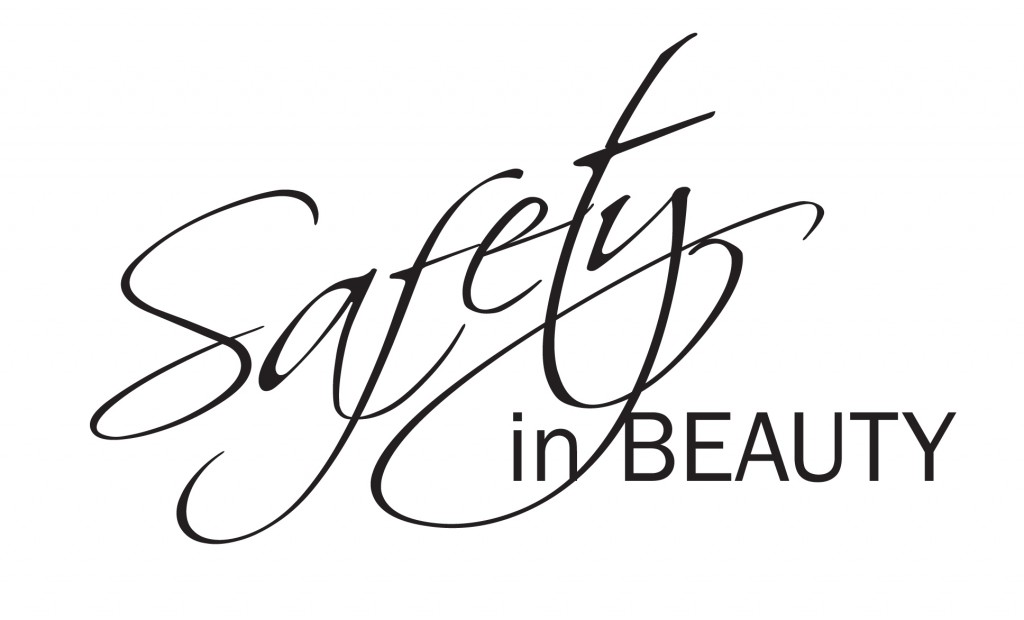 The cosmetics industry is undergoing significant changes as regulatory bodies and consumer advocacy groups push for stricter oversight on product ingredients and enhanced transparency. Recent findings have revealed that numerous beauty products contain potentially harmful substances, prompting calls for more rigorous regulations.
The cosmetics industry is undergoing significant changes as regulatory bodies and consumer advocacy groups push for stricter oversight on product ingredients and enhanced transparency. Recent findings have revealed that numerous beauty products contain potentially harmful substances, prompting calls for more rigorous regulations.
A study examining thousands of products from multiple companies across various countries found that a percentage contained chemicals restricted due to health and environmental hazards. Notably, perfluoroalkyl and polyfluoroalkyl substances (PFAS), which have been linked to reduced fertility, cancer, and hormone disruption, were prevalent in many formulations. Several well-known brands were identified as having products containing these banned substances. While efforts are being made to impose broad restrictions on PFAS, some industries continue to oppose these measures due to their reliance on these chemicals.
In the United States, new legislation coming into effect in 2025 will prohibit several toxic chemicals and chemical classes from being included in beauty products manufactured, distributed, or sold in specific states. These banned substances include formaldehyde, lead compounds, mercury compounds, and certain phthalates. Similar laws are being adopted in other regions, signaling a growing trend toward eliminating harmful ingredients from personal care products.
The beauty industry’s transparency issues are further highlighted by the lack of standardized regulations and fragmented global standards. An analysis of various beauty brands worldwide found that most do not clearly disclose ingredient quantities or specific fragrance components. While many companies promote ‘cruelty-free’ labeling, a significant portion lack official certification for non-animal testing, and very few actively support sustainable packaging initiatives. Interestingly, smaller brands have demonstrated better transparency compared to some larger corporations, proving that company size does not necessarily equate to ethical responsibility.
Consumers are encouraged to be vigilant and informed when selecting beauty products. Seeking out certifications from reputable third-party organizations can help ensure that products meet high standards for organic and natural ingredients. Reading ingredient lists and being aware of potential toxins is also crucial. Various resources are available to assist in assessing product safety, making it easier for individuals to make informed choices.
The push for stricter regulations and greater transparency in the cosmetics industry reflects a broader movement toward ethical consumerism. As awareness grows, both consumers and regulatory bodies are demanding safer, more transparent, and ethically produced beauty products.
